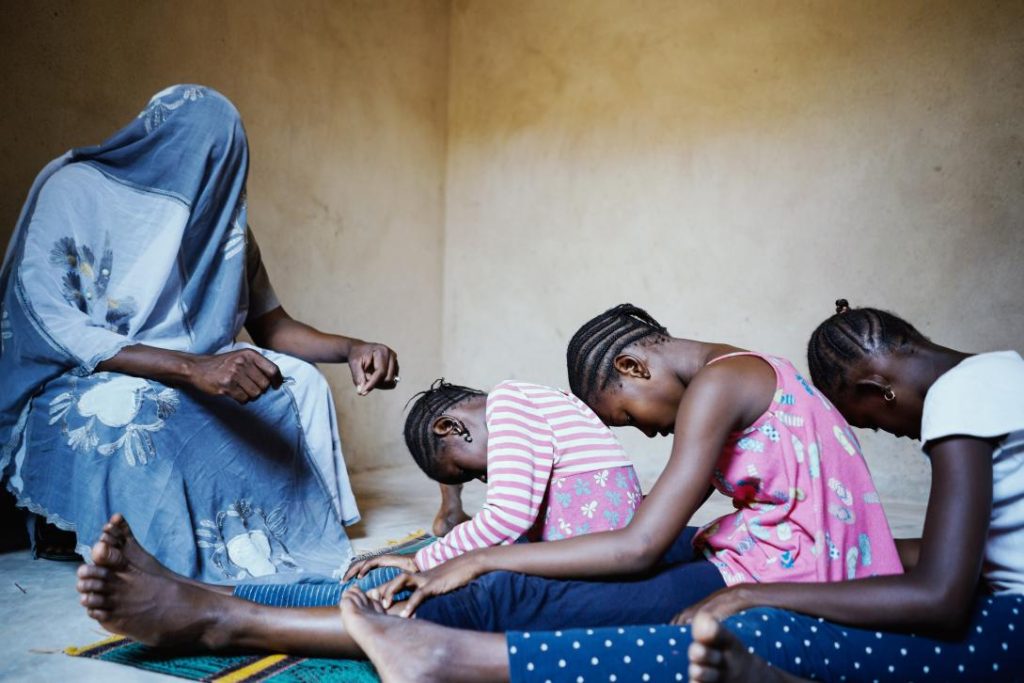By Bongiwe Zwane-Maseko
Ahead of the International Day of Zero Tolerance for Female Genital Mutilation (FGM), on February 6, 2023, the EU Commission has called for an end to this Human Rights violation.
High Representative of the Union for Foreign Affairs and Security Policy/Vice-President of the Commission, Josep Borrell, Vice-President for Values and Transparency, Věra Jourová, Vice-President for Demography and Democracy, Dubravka Šuica, Commissioner for Equality, Helena Dalli, and Commissioner for International Partnerships, Jutta Urpilainen, joined together to reaffirm the EU’s strong commitment to eradicate female genital mutilation worldwide.
“Female Genital Mutilation is a human rights violation and a form of violence against women and girls. FGM has no health benefits and causes life-long harm to women and girls. It affects over 200 million people worldwide, of whom, 600,000 are estimated to live in Europe. We must take determined action to bring about change, and eradicate this practice if we are to meet the Sustainable Development Goals (target 5.3) deadline of Zero FGM by 2030,” the Commission said in a statement.
It further added that there is a need to transform social and gender norms and this would need to happen by partnering with men and boys.
“The EU has been supporting the UNFPA-UNICEF Joint Programme on the Elimination of Female Genital Mutilation with €18.5 million since 2016, establishing 1,758 coalitions of men and boys,” the Commission said.
The statement added that last year, the Commission proposed EU-wide rules to combat violence against women. The new rules will include the criminalisation of FGM throughout the EU.
“This year, we will also present a recommendation on how to prevent harmful practices against women and girls in the first place. Often FGM is not performed in the EU, but rather in a third country, where girls are brought for that purpose. As of March, police and border guards will be alerted when they are dealing with a person at risk of gender-based violence, including FGM, thanks to the upgraded Schengen Information System,” said the Commission.
It said as it celebrates the 75th anniversary of the Universal Declaration of Human Rights this year, it is high time for women and girls to be free from violence once and for all.
“It is our responsibility to protect their right to safety and bodily autonomy. FGM must end.”
Female genital mutilation (FGM) comprises all procedures involving partial or total removal of the female external genitalia or other injuries to the female genital organs for non-medical reasons, as defined by the World Health Organization.
According to the WHO, more than 200 million girls and women alive today have undergone female genital mutilation (FGM) in 30 countries in Africa, the Middle East, and Asia where FGM is practised.
FGM is mostly carried out on young girls between infancy and age 15. The treatment of the health complications of FGM is estimated to cost health systems US$ 1.4 billion per year, a number expected to rise unless urgent action is taken towards its abandonment.
Female Genital Mutilation a human rights violation – EU
